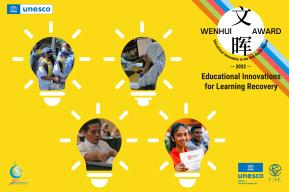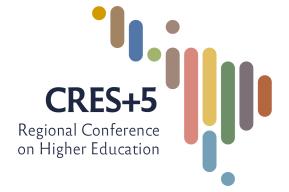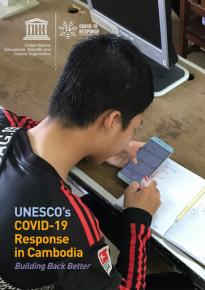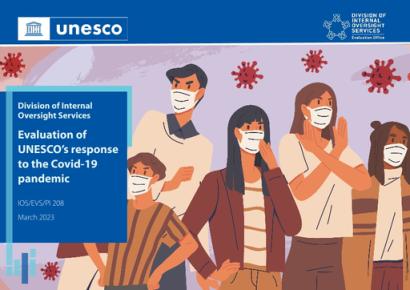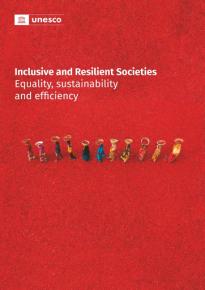Publication
Evaluation of UNESCO’s response to the Covid-19 pandemic (2020-2021): a step towards more resilient societies

The outbreak of the Covid-19 pandemic in early 2020 significantly disrupted lives. Beyond the health crisis, the pandemic significantly affected socio-economic aspects of people’s lives at an unprecedented scale. The successive lockdowns paralysed economies across the world, thereby affecting people’s livelihoods and driving poverty. This disproportionately affected the most vulnerable categories of the population – such as women, indigenous people, those with an unreliable internet connection or those on precarious jobs (particularly prevalent in Africa and in the cultural industry for example). The pandemic also resulted in loss of opportunities due to reduced access to education or lesser protection of biodiversity and the ocean. We further witnessed a growing sense of distrust amongst communities as demonstrated by the surge in racism, growing mistrust of the scientific community and media, and disinformation campaigns around the virus.
The evaluation thus assessed the relevance and effectiveness of UNESCO’s programmatic and institutional response to the Covid-19 pandemic through a robust mixed methods approach, with evidence sourced from 177 interviews of UNESCO staff, beneficiaries and partners, a survey to all UNESCO Member States (24% response rate) and two field missions to UNESCO’s Dakar and Montevideo Offices.


